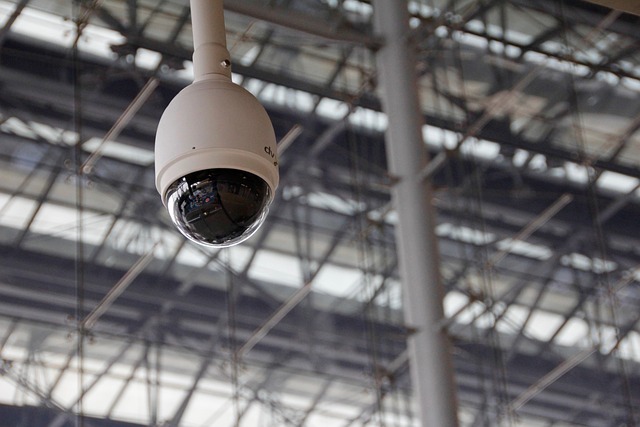Assessing risks is crucial for international corporate travel, encompassing political instability, crime, and cultural nuances. Companies should evaluate transportation, accommodation, venues, emergency services, medical facilities, and infrastructure stability to mitigate risks. Biometric access control enhances security, protecting personal info and streamlining check-ins. Training hotel staff on tailored safety protocols and corporate travel security measures improves responses to potential threats. Hotels adopt advanced surveillance and smart access control systems to cater to business travelers' demands for secure environments.
As global business travels continue to boom, ensuring robust hotel security for international stays is paramount. This comprehensive guide delves into critical aspects of corporate travel security, offering insights on assessing risks specific to international locations, implementing advanced biometric access control measures, and training staff to proactively address safety concerns. We explore cutting-edge technology integrations enhancing hotel security while fostering a secure and confident experience for business travelers.
Assessing Risks for International Corporate Travel Security
When planning international corporate travel, assessing risks is a crucial step in ensuring the safety and well-being of employees. Every destination presents unique challenges, from political instability to cultural nuances that can impact security. Companies need to conduct thorough research on potential threats and vulnerabilities specific to each country or region their staff will be visiting. This involves studying local crime statistics, understanding the political climate, and identifying areas to avoid due to high crime rates or civil unrest.
Effective risk assessment for corporate travel security requires a comprehensive approach. It includes evaluating transportation security, accommodation safety, and potential risks associated with business venues. Companies should also consider emergency preparedness plans, access to medical facilities, and the stability of local infrastructure. By thoroughly analyzing these factors, businesses can make informed decisions to mitigate risks and provide their employees with a secure environment during international corporate travel.
Implementing Biometric Access Control Measures
Implementing Biometric Access Control Measures plays a pivotal role in enhancing corporate travel security for international stays. By leveraging advanced technologies like facial recognition or fingerprint scanning, hotels can ensure that only authorized guests gain access to their rooms and facilities. This not only deterrs unauthorized entry but also speeds up check-in processes, offering a seamless experience for business travelers who value their time.
Biometric systems provide an added layer of protection against identity theft and fraud. They store unique biological data, making it nearly impossible for hackers to replicate or steal identities. For international stays, where guests might be navigating unfamiliar territories, this security measure adds peace of mind. It ensures that personal information remains secure, aligning with the growing demand for robust corporate travel security solutions.
Training Staff on Safety Protocols and Customer Awareness
Effective hotel security begins with staff training on safety protocols tailored for international guests, especially those on corporate travel security. Hotels should equip their employees with the knowledge to identify and respond to potential threats, ensuring a safe environment for all visitors. This includes awareness of common scams targeted at tourists, understanding guest check-in and check-out procedures for heightened security, and recognition of unusual activities or behaviors that might indicate trouble.
Training should also cover customer service aspects, fostering an atmosphere where guests feel comfortable approaching staff with concerns. By empowering hotel staff to proactively assist corporate travelers and international visitors, hotels can enhance their security measures and contribute to a more secure experience during their stay, addressing the growing demands of corporate travel security in today’s globalized world.
Technology Integration for Enhanced Hotel Security
In today’s digital era, technology integration plays a pivotal role in enhancing hotel security for international stays, particularly for corporate travel security. Hotels are increasingly adopting advanced surveillance systems, including high-definition cameras with facial recognition capabilities, to monitor key areas and corridors. These innovative solutions enable staff to swiftly identify potential threats and unauthorized access, thereby ensuring the safety of guests and their belongings.
Furthermore, many establishments are implementing smart access control systems that utilize digital keys or biometric authentication. This technology streamlines check-in processes while fortifying security measures, especially for corporate travelers who value convenience and peace of mind. By integrating these cutting-edge technologies, hotels not only elevate their security standards but also cater to the heightened expectations of international guests, particularly those on business trips, seeking a secure environment conducive to their travel needs.
When it comes to international stays, hotel security is paramount for corporate travel security. By assessing risks, implementing biometric access control, training staff on safety protocols, and integrating technology, hotels can create a safe and secure environment for their guests. These measures ensure that travelers feel protected, enabling them to focus on their business objectives without concern, ultimately enhancing the overall corporate travel experience.
